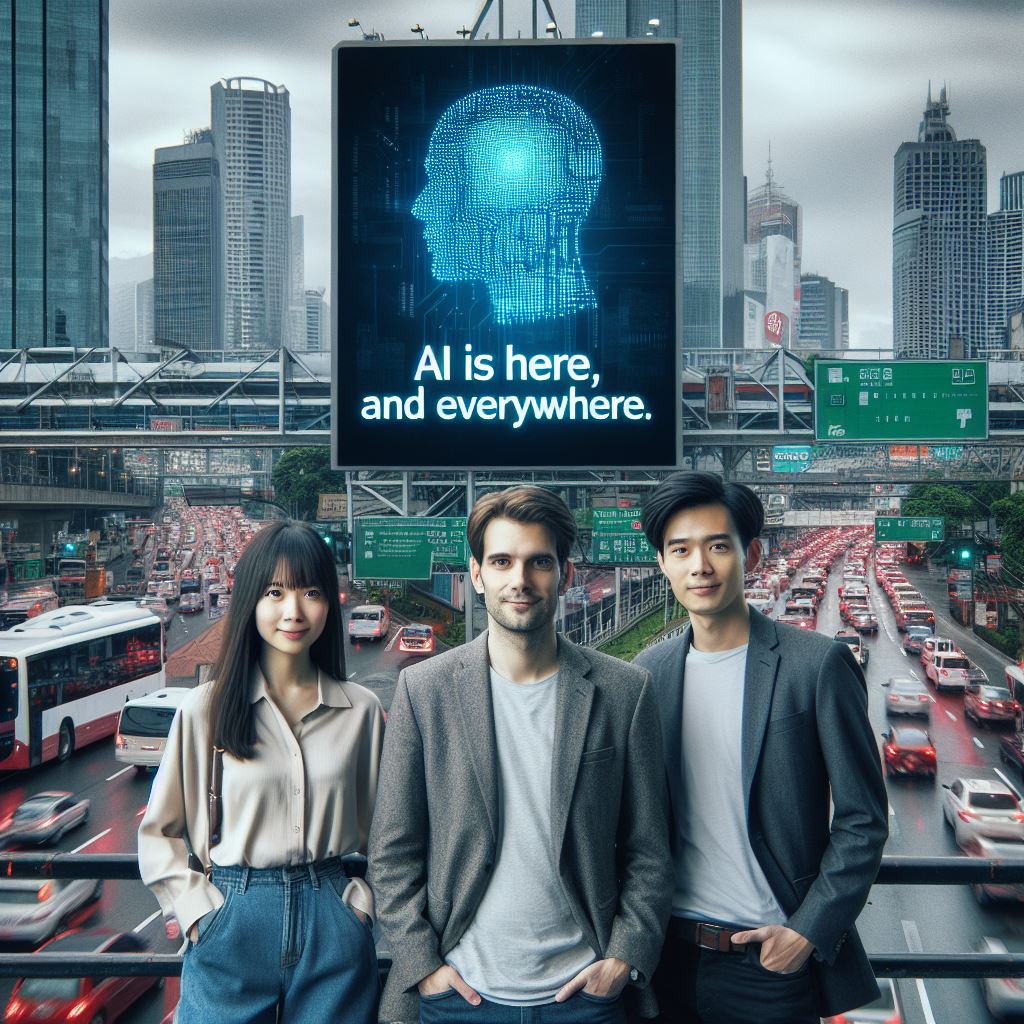
The year 2023 witnessed pivotal moments in the evolution of artificial intelligence (AI), bringing to the forefront generative AI and regulatory efforts by major governments. As we transition into 2024, experts analyze the challenges and developments ahead.
Generative AI and Education: A Balancing Act
In 2023, debates surrounding the role of chatbots like ChatGPT in education took center stage. Initially, concerns focused on potential cheating by students, leading to bans in some schools. However, a shift occurred as educators recognized the importance of AI literacy. Casey Fiesler, Associate Professor of Information Science at the University of Colorado Boulder, emphasizes the need for a nuanced approach. Fiesler anticipates a push for widespread AI education in 2024, emphasizing the importance of understanding AI's workings to empower individuals.
Fiesler comments, "The more people understand how AI works, the more empowered they are to use it and to critique it."
AI Predictions for 2024: Challenges and Opportunities
Kentaro Toyama, Professor of Community Information at the University of Michigan, reflects on the rapid progress of AI since the release of ChatGPT in 2022. He anticipates a competitive race for AI supremacy, with advancements in technology and the emergence of new applications. The key technical challenge lies in addressing the current limitations of deep learning, specifically in generalized hard reasoning.
Toyama expresses hope for progress in 2024 while acknowledging the potential pitfalls of AI applications. He highlights the likelihood of AI chatbots having conversations behind users' backs, increased prevalence of deepfakes, and the possibility of new classes of AI-related challenges.
On the regulatory front, Toyama calls for stronger AI regulation at both national and international levels, emphasizing the need to restrain the development of powerful AI technologies.
Rapid Evolution of Generative AI Models
Anjana Susarla, Professor of Information Systems at Michigan State University, observes the swift evolution of generative AI models since the unveiling of ChatGPT. The latest generation of models is multi-modal, drawing information not only from textual sources but also from videos, audio, and visual data.
Susarla notes the transformative potential of these advanced models in various applications, from business to precision medicine. However, she raises concerns about distinguishing between human-generated and AI-generated content, as well as potential algorithmic harms. The emergence of lightweight and open-source large language models (LLMs) could lead to the widespread deployment of AI agents, posing challenges society may not be prepared for.
Susarla emphasizes the need for scrutiny on algorithmic harms, citing the Federal Trade Commission's warnings about fraud, privacy infringements, and other unfair practices enabled by AI-assisted content creation. The introduction of a bipartisan bill in Congress to prioritize algorithmic literacy reflects the growing recognition of the societal impact of AI.
As we move further into 2024, the intersection of AI, education, and regulation remains a focal point, requiring a delicate balance between harnessing the potential of AI and addressing its challenges.